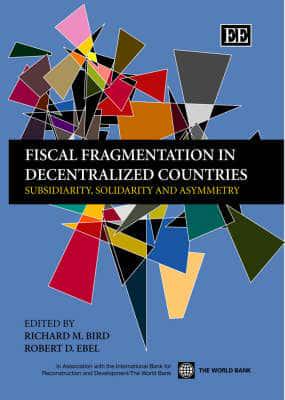Publisher's Synopsis
Most countries, developed and developing, are fiscally decentralized with regional and local governments of varying importance. In many of these countries, some of these sub-national governments differ substantially from others in terms of wealth, ethnic, religious, or linguistic composition. This book considers how fiscal arrangements may strengthen or weaken national solidarity and the effectiveness with which public services are provided. In particular, the nation's ability to cope with changes created by decentralization is explored.
Through a series of case studies, the countries of Belgium, Bosnia and Herzegovina, Canada, China, Germany, India, Indonesia, the Philippines, Russia, Spain and Switzerland are examined with an eye to how their public finances are structured and how these arrangements act to promote equilibrium or turmoil in the nation state. This is the first detailed consideration of the link between asymmetry and intergovernmental finance, as well as the first detailed study of how asymmetrical fiscal arrangements work in practice in a variety of different countries.
Policy analysts concerned with intergovernmental finance and/or political legitimacy issues will find this synthesis of interest, as will readers concerned with the public policy of the many fiscally fragmented countries profiled here.












